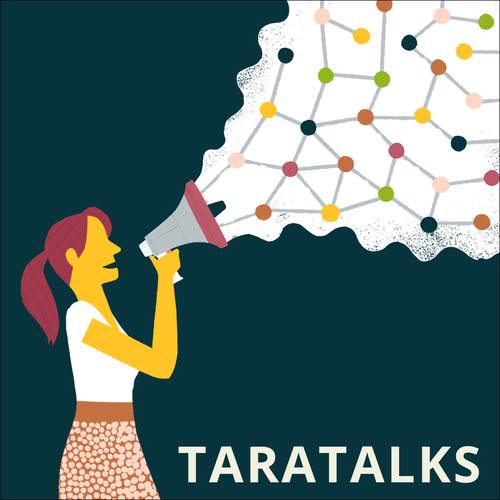After many of us were forced out of the office to work from home due to the global pandemic, most of us have faced some hard truths about ourselves and how we’ve been working. According to the U.S. Surgeon General, in the U.S. alone, 76% of workers have reported at least one symptom of a mental health condition; an even higher 84% reported that their workplace conditions contributed to their mental health struggles.
It’s become apparent that the workplace climate is changing. People are looking for workplaces that value the health of their employees more than ever before. People are willing to quit when they don’t receive the support they need. All we need to do is look at TikTok, Instagram, or Facebook to find people expressing frustration over their workplace’s effects on their mental health. So, how do we move forward to support workers in the ways we’re talking about now?
Of course, there is a multitude of ways to support workers’ mental health. There is perhaps the most obvious answer, which is to help provide a more harmonious work-life balance. However, a not-so-obvious answer is to provide growth opportunities.
Gotara’s most recent REACH Report found that lack of growth opportunities is the second highest reason women in STEM+ are planning to quit their jobs.
Skill development and other growth opportunities create a positive impact and a sense of accomplishment, increasing our workplace morale because we feel more motivated and excited about our work. When we learn and apply new skills, our confidence in our abilities increases. For example, when we receive just-in-time quality coaching to overcome day-to-day obstacles, we feel more in control and empowered; whether remote or in person, having that helping hand from a buddy or a program provides a safe space to reduce mental anxiety.
Humans have a fundamental need to learn and feel a sense of accomplishment. If we provide learning and growth opportunities, we provide opportunities for feelings of accomplishment. Feeling overworked and underappreciated is a common thread amongst those struggling with workplace-related mental health issues. Imagine if we could lower the 84% of people with workplace related mental health struggles by simply providing opportunities to learn!





